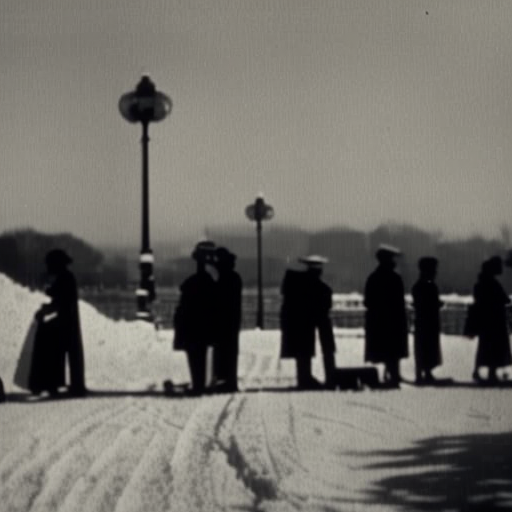The Antifederalists
The Antifederalists were a group of individuals who opposed the ratification of the United States Constitution in the late 18th century. They believed that the Constitution granted too much power to the federal government and lacked sufficient protections for individual liberties. The Antifederalists argued for a more decentralized government and a stronger emphasis on states’ rights.
Background
After the American Revolution, the newly independent states operated under the Articles of Confederation, which created a weak central government. However, as the weaknesses of the Articles became apparent, a movement emerged to create a stronger federal government. This led to the drafting of the Constitution in 1787.
Key Figures
Prominent Antifederalists included Patrick Henry, George Mason, and Samuel Adams. They were joined by many other influential individuals who feared that the proposed Constitution would undermine the rights and liberties they had fought for during the Revolution.
Arguments Against the Constitution
The Antifederalists had several key objections to the Constitution. They believed that the document did not adequately protect individual rights and that a strong central government would inevitably become tyrannical. They argued that a Bill of Rights was necessary to safeguard individual liberties and limit the power of the federal government.
Federalist Papers
In response to the Antifederalist arguments, Alexander Hamilton, James Madison, and John Jay wrote a series of essays known as the Federalist Papers. These essays were published in newspapers and aimed to persuade the public to support the Constitution. The Federalist Papers addressed many of the concerns raised by the Antifederalists and argued for the benefits of a strong central government.
Compromise and Ratification
To address the concerns of the Antifederalists, supporters of the Constitution agreed to add a Bill of Rights. This compromise helped secure the ratification of the Constitution. In 1789, the Constitution was officially ratified, and the Bill of Rights was added shortly thereafter.
Legacy
Although the Antifederalists were ultimately unsuccessful in preventing the ratification of the Constitution, their arguments had a lasting impact. The addition of the Bill of Rights addressed many of their concerns and helped to protect individual liberties. The Antifederalists also played a crucial role in shaping the debate over the balance of power between the federal government and the states.
Conclusion
The Antifederalists were a group of individuals who opposed the ratification of the United States Constitution. They believed that the Constitution granted too much power to the federal government and lacked sufficient protections for individual liberties. Despite their objections, the Constitution was ratified with the promise of a Bill of Rights. The Antifederalists’ arguments helped shape the debate over the balance of power in the new nation and ensured the inclusion of important protections for individual rights.












